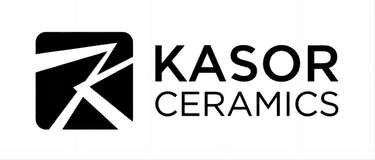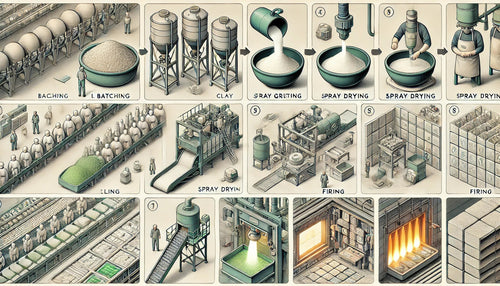Choosing the right porcelain tiles supplier is essential for ensuring high-quality products and a smooth business operation. Here are the characteristics of a good porcelain tiles supplier and tips on how to identify one:
Characteristics of a Good Porcelain Tiles Supplier
-
High-Quality Products:
- The supplier should offer tiles that are durable, aesthetically pleasing, and consistent in quality. Look for suppliers with positive product reviews and high ratings.
-
Wide Range of Products:
- A good supplier should offer a diverse range of tiles in various sizes, colors, and finishes to meet different customer preferences and project requirements.
-
Competitive Prices:
- Competitive pricing is crucial. A good supplier should provide high-quality tiles at reasonable prices, allowing you to offer competitive prices to your customers.
-
Exclusive Access:
- As a distributor, exclusive access to unique and in-demand products from the supplier can set you apart in the market.
-
Strong Market Position:
- Suppliers with a strong market presence and good reputation are more likely to offer reliable products and services.
-
Marketing Support:
- Look for suppliers that offer marketing support, including promotional materials, advertisements, and other marketing tools to help you promote their products.
-
Training and Education:
- Good suppliers provide training and education to their distributors, ensuring they are well-equipped with the knowledge and skills to sell their products effectively.
-
Collaborative Partnership:
- A good supplier values their distributors and fosters a collaborative partnership to ensure mutual success.
-
Access to New Products:
- Being able to access new products before they are released to the public gives you a competitive advantage.
-
Lucrative Business Opportunity:
- A partnership with a reputable supplier can be a lucrative business opportunity, especially if you are passionate about interior design, construction, and home improvement.
How to Identify a Good Porcelain Tiles Supplier
-
Research and References:
- Conduct thorough research and ask for references from the supplier’s existing clients. Positive feedback and testimonials can be strong indicators of reliability.
-
Request Samples:
- Always request product samples to evaluate quality and consistency. Compare samples from different suppliers to identify the best option.
-
Visit the Supplier:
- If possible, visit the supplier’s factory to see their production processes and quality control measures firsthand. This also helps in building a personal relationship.
-
Check Certifications:
- Verify the supplier’s certifications, such as ISO, CE, or CCC, to ensure they comply with international quality standards.
-
Evaluate Communication:
- Effective and prompt communication is key. Assess how well the supplier responds to inquiries and their willingness to address concerns.
-
Compare Prices:
- Compare prices from multiple suppliers, considering both cost and quality. Ensure the payment terms are favorable and secure.
-
Assess Logistics:
- Evaluate the supplier’s logistics capabilities to ensure they can handle timely deliveries and meet your deadlines.
-
Long-Term Relationship:
- Consider the potential for a long-term relationship. A good supplier should be interested in building a partnership that benefits both parties.



